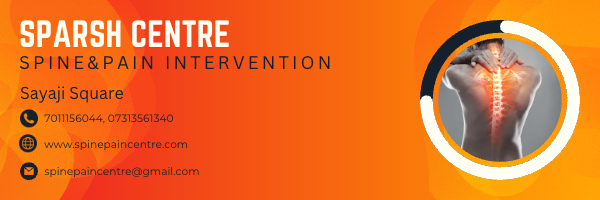NECK PAIN, CERVICAL PAIN
Cervical pain refers to pain and discomfort in the neck and upper back region, sometimes it may go towards hand, head or scapular medial border or even in anterior chest. Here are some common causes, prevention, and treatment options for cervical pain:
Causes:
- Poor posture
- Repetitive strain injury
- Herniated or bulging discs
- Muscle strain or sprain
- Arthritis
- Pinched nerve
- Whiplash injury
Prevention:
- Maintaining good posture while sitting, standing, and sleeping
- Regular stretching and strengthening exercises for the neck and upper back muscles
- Taking frequent breaks from repetitive activities that put strain on the neck and upper back
- Using ergonomic furniture and equipment
- Avoiding carrying heavy bags or backpacks
Treatment:
- Non-surgical treatment options include:
- Physical therapy to help improve strength, flexibility, and range of motion in the neck and upper back muscles
- Heat or ice therapy to reduce pain and inflammation
- Medications, such as nonsteroidal anti-inflammatory drugs (NSAIDs) or muscle relaxants, to relieve pain and reduce inflammation
- Many times pain interventions like cervical epidurals, ultrasound guided root interventions, radio frequency ablations of facet joint are satisfactory and can save patient from surgeries.
If non-surgical treatments do not provide relief, surgery may be required in some cases.
It's important to see a qualified doctor if you are experiencing cervical pain, as they can help determine the underlying cause and provide a treatment plan that is tailored to your specific needs. Early treatment can help manage symptoms and prevent the condition from becoming worse.
Dr Anshul Agrawal
Spasrh spine & pain centre
303, Royal glory building
29-30 sum no 54, Sayaji square,
Indore - 452016
Helpline 7011156044, 07313561340
www.spinepaincentre.com








